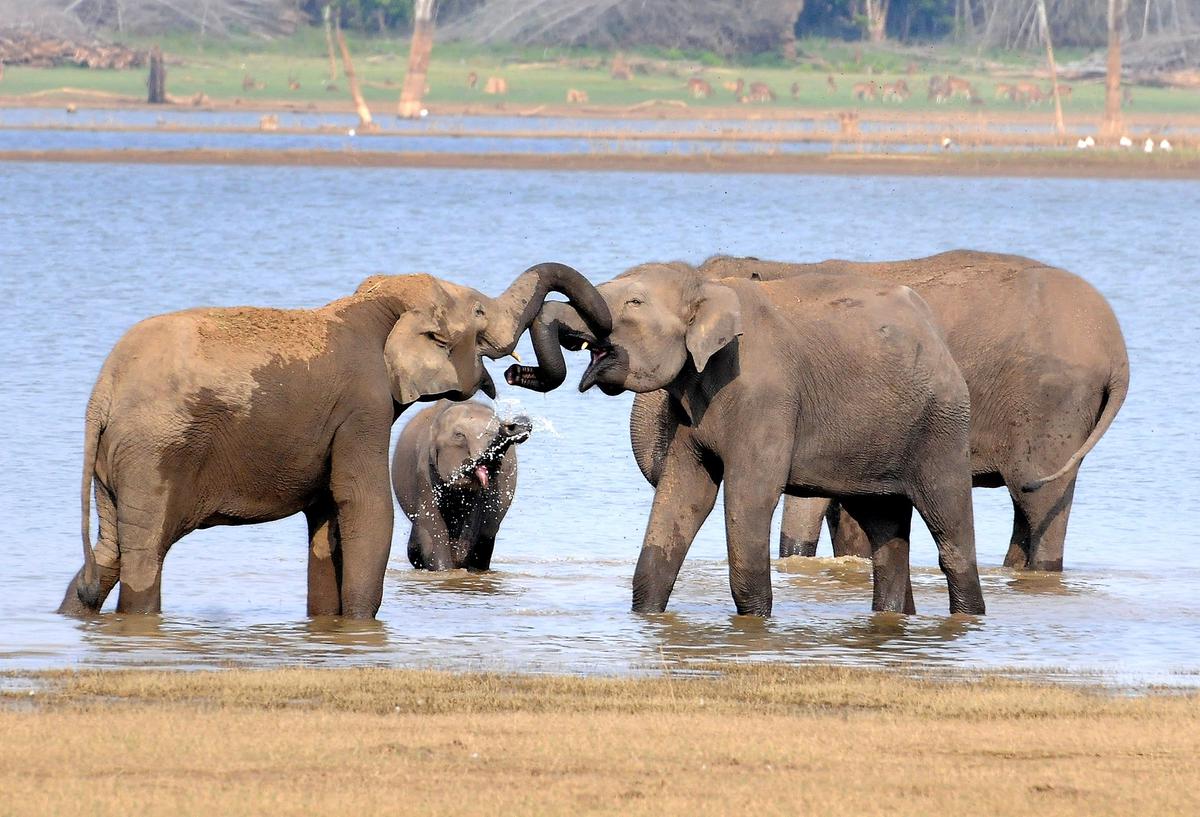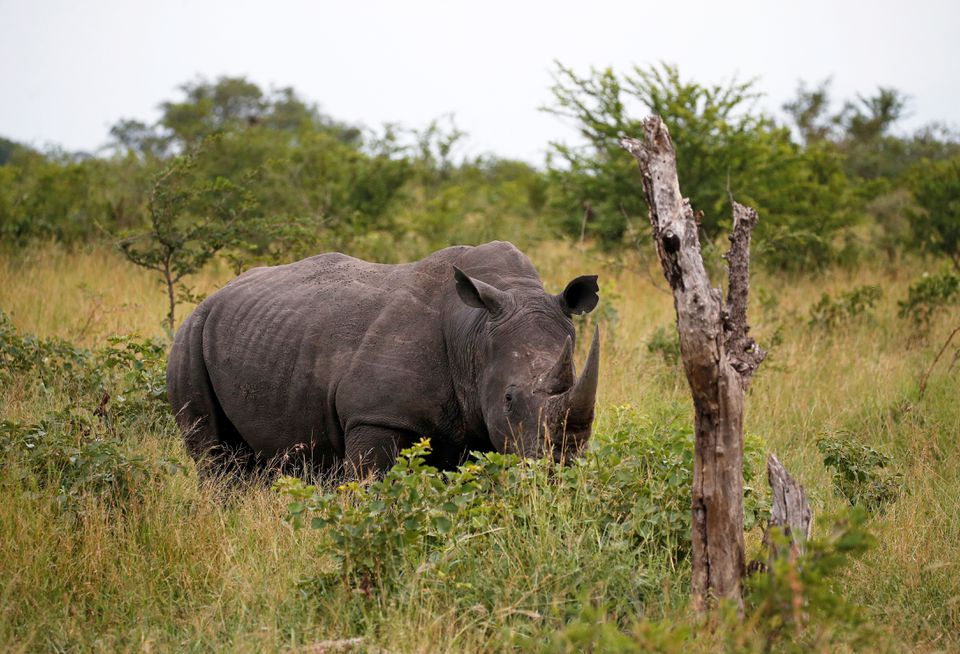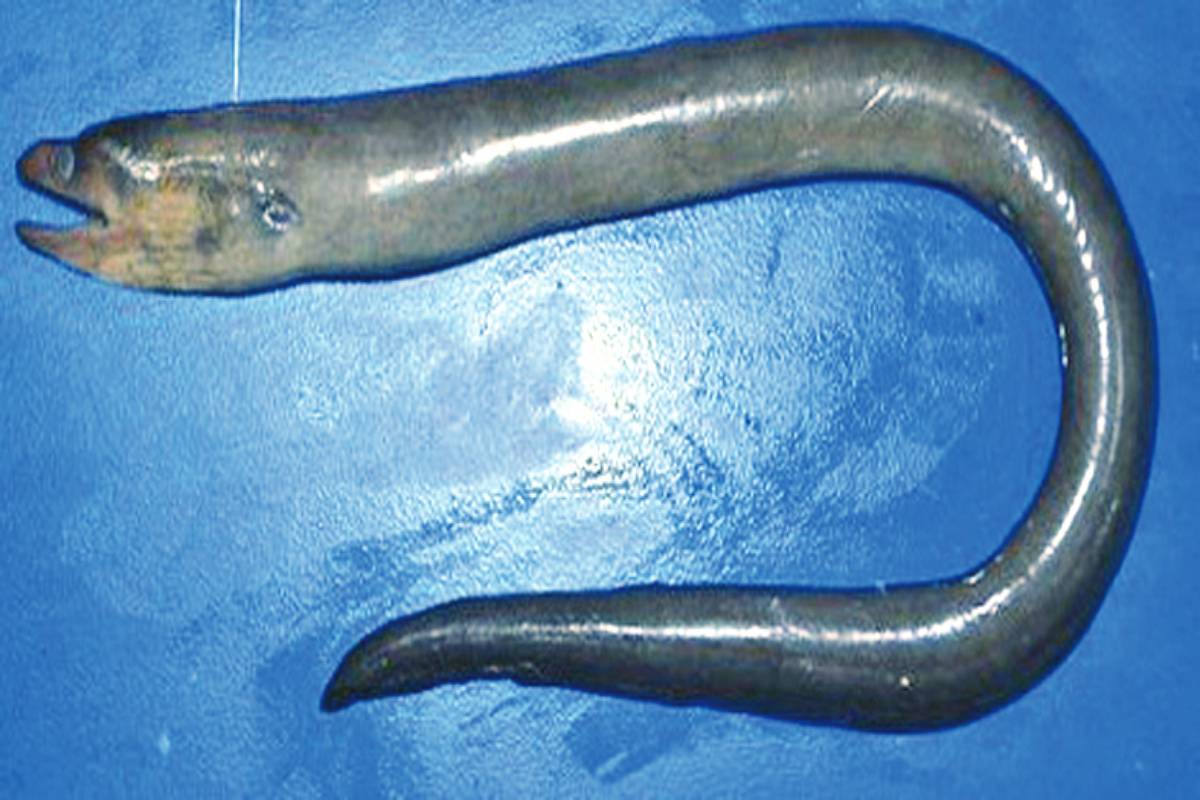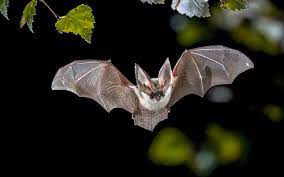- Six Reasons To Bring Millets To The Market!
- Hong Kong Court Makes Landmark Ruling Protecting Transgender Rights
- Substrate Promiscuity Of Fungi Generated Enzyme Laccase Shows Potential In Degrading Industrial Dye Effluents
- Union Minister Of Rural Development Holds A Meeting On ‘Cactus Plantation And Its Economic Usage’
- Ministry Of Tribal Affairs Organised One Day Mega Health Camp ‘Abua Bugin Hodmo-Our Better Health’ At Saraikela Kharsawan, Jharkhand
- Blue Flag Standards For Beaches In The Country
- India-Namibia Sign An MoU On Wildlife Conservation And Sustainable Biodiversity Utilization
- Hydrophobic Ingredients, In Combination With Obsolete Antibiotics, Can Counter Multidrug-Resistant Bacteria
- Promoting Cultivation Of Kala Namak Paddy
Rewind: Cops, mangrove cell take ?baby steps? to fast-track response to beaching
Posted by: 2016-02-09 23:26:59 ,By Raj Kumar
IN the middle of 2015 a blue whale washed up on Alibaug?s beachfront and it became the first case of live stranding ? a trespass the state?s coastal machinery had not anticipated or even ?imagined?. It would take over ten hours to rescue the 40-feet, 20-tonne mammal. However by the time the mammal?s body touched water, she was dead. ?That is when we realised we weren?t prepared,? recalls N Vasudevan, chief conservator of forests, mangrove cell. ?Not at all.?
Last week, on the night of January 28, a photographer saw what he thought was a large visual disturbance on the horizon of Juhu beach, like ?a huge block of thermocol?. In half an hour, calls were placed and the state machinery was put on alert. The waves had washed up a dead whale on the city?s western seabed.
This time a new lesson was learnt. There was a complete breakdown of law and order and officials were absolutely helpless in controlling the army of selfie sticks that made the ?operation? difficult. ?The autopsy too had to be canceled. The problem that remains is we have not arrived at a procedure to determine the cause of death,? points Vasudevan. ?Mumbai proved to be difficult. It turned into a curious event.?The police machinery is updating their role as first responders to such natural trespass and the mangrove cell too has fast-tracked its response mechanism. Soon after the Alibaug episode, the mangrove cell had started working with Central Marine Fisheries Research Institute. Its first step was to come up with a protocol manual, assigning specific role to different agencies on situation-based response. The manual is the outcome of specialised lectures by experts from the marine world who have linked causes and collective global responses to such mammal adventures. For instance, at least now, it is understood that in case of live beaching, rescue personnel have to employ a technique to maintain moisture levels of the mammal?s body and ensure that they are not in direct line of the mammal?s blow holes as breathing during distress emits bacteria which can be harmful. ?There is also a method to tie the ropes. Cranes cannot be used as their ribs are very loose,? points Vasudevan. - See more at: http://indianexpress.com/article/cities/mumbai/rewind-cops-mangrove-cell-take-baby-steps-to-fast-track-response-to-beaching/#sthash.oPIsuTE6.dpuf
- See more at: http://indianexpress.com/article/cities/mumbai/rewind-cops-mangrove-cell-take-baby-steps-to-fast-track-response-to-beaching/#sthash.oPIsuTE6.dpuf
Read more: Click Here
You may like similar news

Mitigating human-elephant conflict key challenge this World Elephant Day
World Elephant Day will be celebrated on Friday bringing into focus the challenging task of ensuring...

India-Namibia sign an MoU on wildlife conservation and sustainable biodiversity utilization
Government of India and Government of the Republic of Namibia have entered into a Memorandum of Unde...

After 40 years of extinction, rhinos return to Mozambique
JOHANNESBURG, July 4 (Reuters) - Over four decades after they became extinct locally, rhinos are roa...

ZSI scientists find a new eel species from Midnapore
Scientists of Estuarine Biology Regional Centre, Zoological Survey of India have discovered a new sp...

International Bat Appreciation Day: Why bats are important for Earth’s ecosystems
Established by Bat Conservation International, International Bat Appreciation Day is celebrated on 1...









